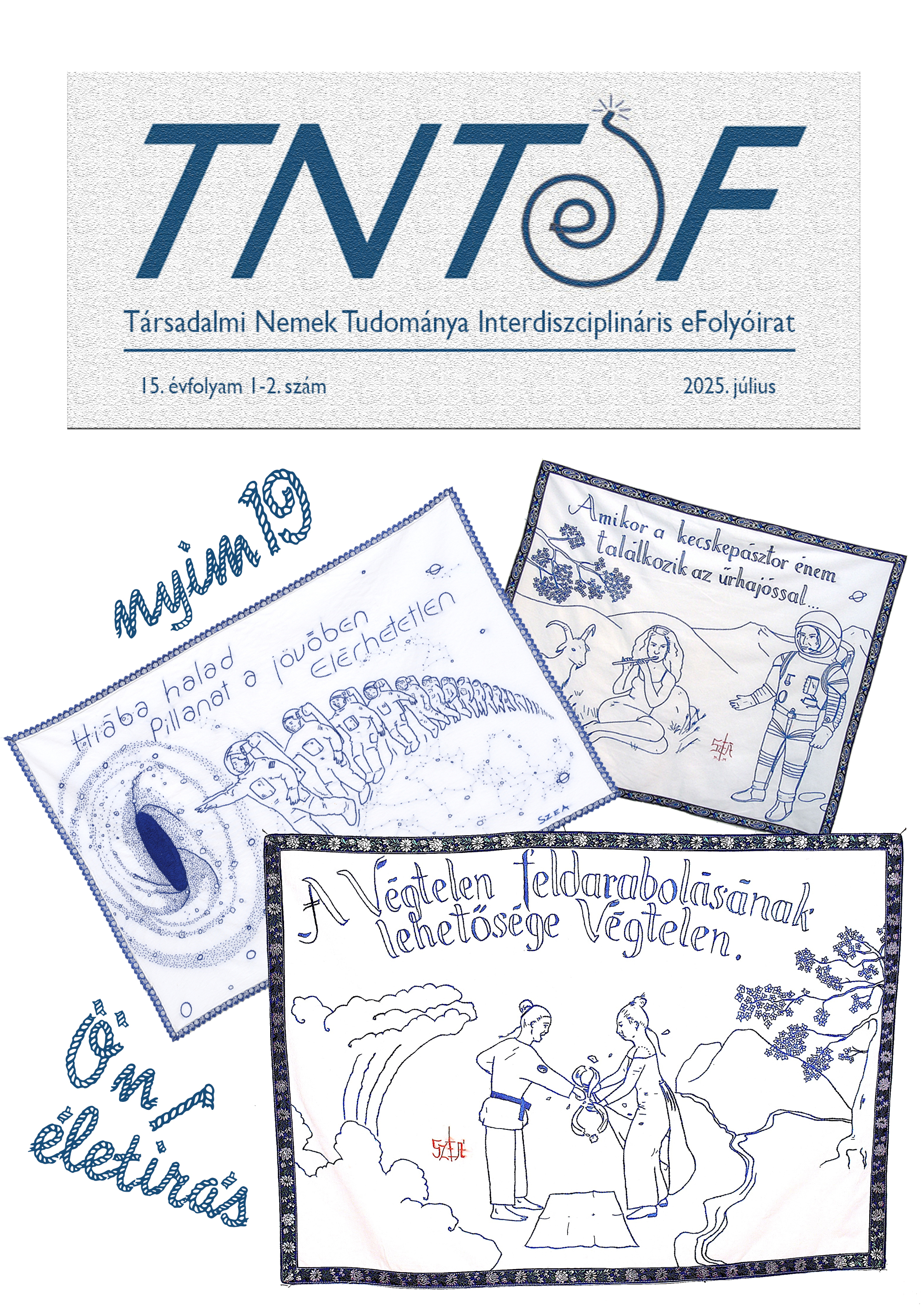Network Development: The Publication History of Erzsébet Kádár Karr's Autobiographical Novel "Beautiful Autumn" and its Connections to Women's History and Genre Poetry
Main Article Content
Abstract
The manuscript of Erzsébet Kádár Karr's novel Alles ist umgekehrt (Everything is the other way around), which depicts the youth organizations of Budapest during the First World War, won the Heine Prize for young authors working in exile in Paris in 1938. The novel, which has not yet been published in German and was first published in Hungarian in 1958 under the title Gyönyörű ösz, has not yet received attention despite the rediscovery of Erzsébet Kádár Karr's lyrics. The study, outlining the possible reasons for the partial successes and failures, seeks to answer, on the one hand, what role aspects related to women's history played in the novel's reception history. In interpreting the autobiographical novel, we examine the extent to which the character development that was sharply criticized by the reviewers in the history of the Hungarian manuscript, as considered lacking, can be rethought in terms of novel approaches to the functional logic of autobiography, the female Bildungsroman, and autosociobiography.

